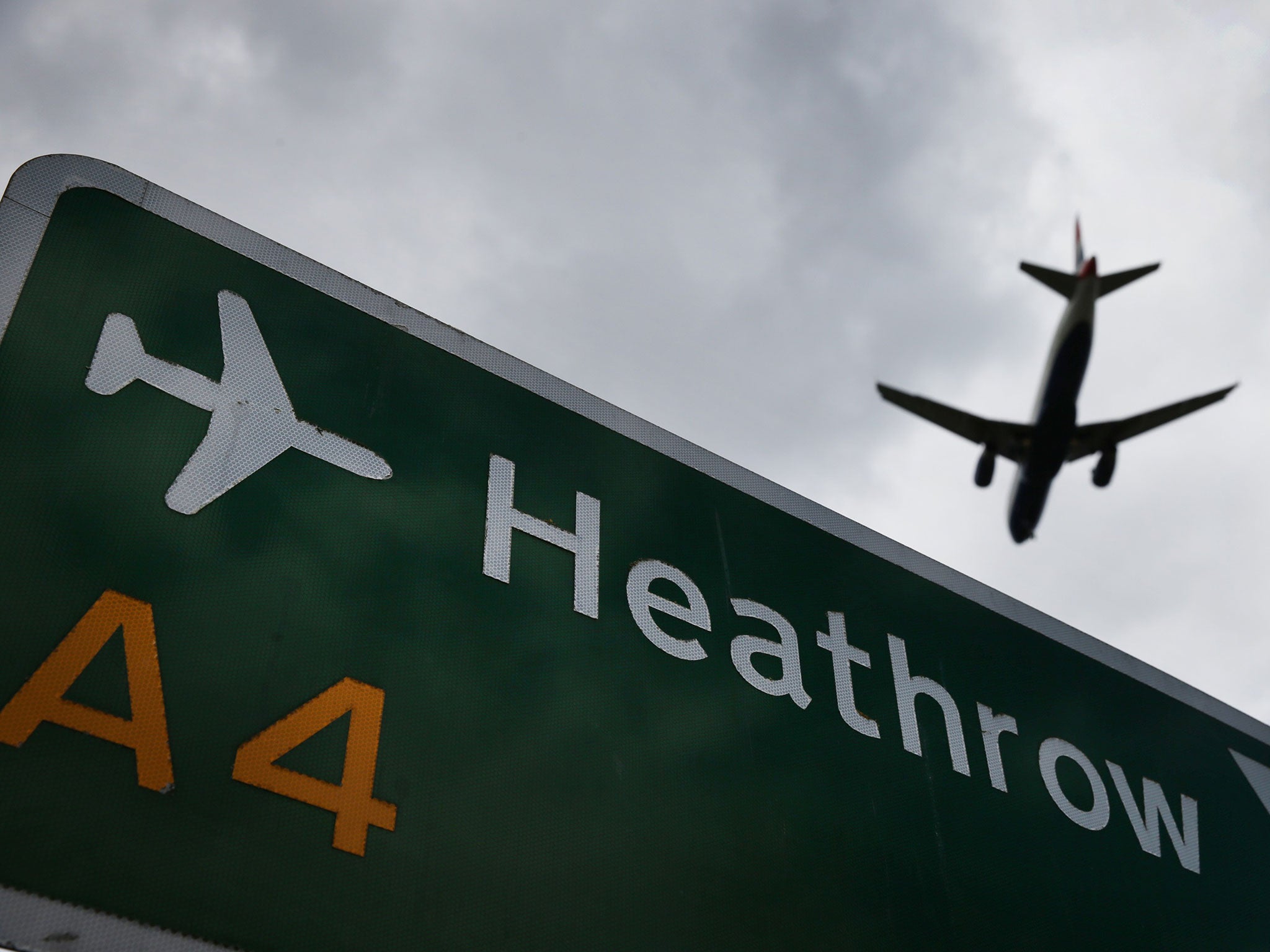Aviation: just how bad is life for the industry?
Plane Talk: Time for airports to take the initiative on testing for coronavirus

Just when airlines and airports think life can’t get any worse, it does.
The indicators are ever-more alarming. August’s capacity was down 36 per cent on a year earlier, while the proportion of seats actually occupied was down to an all-time low for August of 58. In that peak summer month, the average Airbus A320 had just 102 of its 180 seats occupied.
The International Air Transport Association (IATA) has duly downgraded its traffic forecast for 2020: down two-thirds on last year.
“A few months ago, we thought that a full-year fall in demand of 63 per cent compared with 2019 was as bad as it could get,” says Alexandre de Juniac, the IATA’s director general.
“International demand recovery is virtually non-existent.”
Passenger confidence and demand was growing through July and early August. But then, says a spokesperson for the IATA: “The recovery in air passenger services was brought to a halt in mid-August by a return of government restrictions in the face of new Covid-19 outbreaks in a number of key markets.”
Looking ahead to December, the Christmas market is set to disappear, with only 32 per cent of the usual traffic expected.
“August’s disastrous traffic performance puts a cap on the industry’s worst-ever summer season,” concludes Mr de Juniac.
Fifteen weeks ago, in mid-June, the near-total shutdown of UK aviation began to ease. The main event was easyJet taking to the skies again – with a considered schedule that planned for gradual increases through July and August and a respectable autumn.
But hardly had the planes started flying again than governments started grounding them as infection rates increased across Europe.
“Quarantine is a travel ban in all but name,” says Gordon Dewar, chief executive of Edinburgh airport.
Some passengers, particularly with strong emotional reasons for wanting to travel or domestic arrangements that make two weeks of self-isolation tolerable, will continue to fly to and from places on the “no-go” list. But most will not.
And confidence erodes ever further with each iteration of the quarantine ritual. Every Thursday evening, the Department for Transport solemnly announces that another scattering of nations is “unacceptably high risk”.
The transport secretary, Grant Shapps, tends to throw in a fairly random addition: one week French Polynesia, another week Curacao.
The go/no-go status of those distant islands is utterly irrelevant because no one can travel from them to the UK without infringing quarantine through the choice of transit point. But one unintended consequence is to destabilise still further any certainty about travel plans.
If Curacao is off limits, I can imagine people thinking, what chance Corfu?
You may agree with the person tweeting as Foxtrot Oscar Gatwick that this is no bad thing: “The dream you live is our children’s nightmare; you are possibly the most selfish human being on the planet,” his tweet to me began, before becoming rather ruder.
Yet I judge that many people would like to continue to fly and/or to work in aviation. If that is to happen, aviation must become part of the solution. Here’s how: at present, I would not dream of getting a Covid-19 test unless I was symptomatic.
If I went through a UK airport that was allowed to test, however, I would be screened – along with many thousands of others. Some contagious people would be identified who would otherwise run the risk of infecting others. Public health, overall, would benefit.
Aviation does not have to be the villain. It might even become a hero.
Join our commenting forum
Join thought-provoking conversations, follow other Independent readers and see their replies
Comments


Bookmark popover
Removed from bookmarks